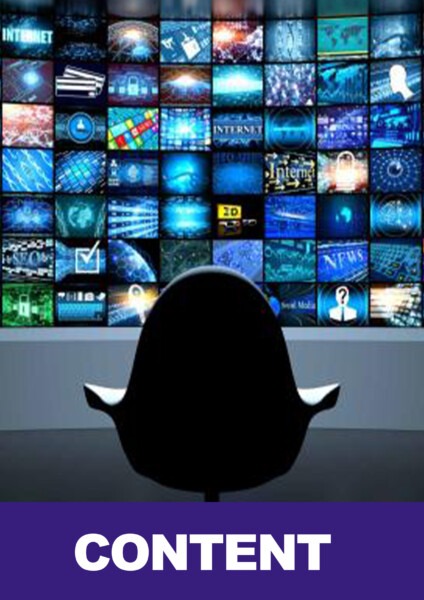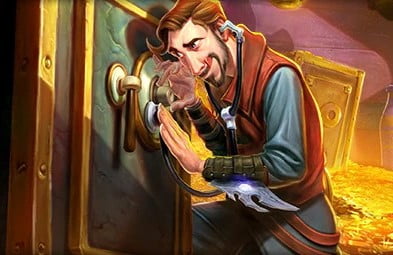Recently, there was a situation where the Steam accounts of some game developers were compromised and used to sneak malware into their games. Thankfully, only a small number of Steam users, fewer than 100, had the affected games installed, and Valve has reached out to them directly via email to inform them of the potential risks. This issue, originally reported by Simon Carless from the GameDiscoverCo newsletter, has now been confirmed by Valve.
To make sure this doesn’t happen again, Valve is taking some significant steps. Starting on October 24, game developers will have to go through a two-factor authentication process before updating the default branch of a released game. This is the version that Steam automatically sends as an update to most players who have the game installed.
The two-factor authentication code will be sent via SMS text message, which means that Steam partners must register a mobile phone number. If a developer doesn’t have a phone, Valve’s stance is clear: “sorry,” but they will need a phone or some way to receive text messages if they want to continue updating their games.
Valve told PC Gamer that this additional layer of security for its partners is seen as a necessary measure to ensure the safety of Steam users and to keep developers informed about potential security compromises. This recent incident isn’t the only attempt to breach Steam partner accounts; Valve has reported an increase in sophisticated attacks targeting the accounts of game developers who release their games on Steam.
In addition to SMS verification for updates, Steam partners will also need to use this method to add new users to their group. Valve has plans to introduce two-factor security checks for other Steam backend actions in the future.
One of the games briefly compromised was NanoWar: Cells VS Virus, and its developer, Benoît Freslon, shared that he fell victim to malware. This malicious software stole his browser access tokens, allowing the attackers temporary access to any web service he was logged into at the time. He noted, “I just used my dev account to release the game a few hours before the hack, I suppose.”
Menu

MENU SELECTION
HINT
Use uneven numbers in your titles, more people will read your posts more!
HINT
When writing long posts, threads, or articles, use paragraphing!
HINT
Your message comes across stronger when you write short sentences!
HINT
In titles describe feelings such as love, hate, sadness, and laughter to attract more readers!
HINT
Check your grammar and spelling if you want serious readers!
HINT
The words you use can make or break your post or thread!
HINT
Use power words for titles, short posts and threads!
HINT
Words have power. Use them wisely!
HINT
Don't steal posts or threads and pretend you wrote them!
HINT
The more you write and post, the more people recognize your writing style!
HINT
A good picture says more than a thousand words!
HINT
A picture that's not too busy is more likely to invite then busy pictures!
HINT
If possible, use pictures where the focus is towards the middle!
HINT
Pictures of people work better than pictures of objects!
HINT
Pictures of people showing expressions works best!
HINT
Don't use poor or pixelated pictures!
HINT
Use one picture, not collages!
HINT
Use pictures without text that wasn't originally in the picture!
HINT
Take time for a good screenshot if you want to use it for your posts or threads!
HINT
Logo's, signs and text alone are not interesting pictures to others!
HINT
Judge another by her questions rather than her answers!
HINT
Be the change you wish to see in the world!
HINT
In real life you don't re-spawn, so use your life wisely!
HINT
Don't be the same. Be better!
HINT
Games don't make people violent. Lag does!
HINT
The more you know the dumber you sound to people!
HINT
If others did it, so can you!
HINT
Sometimes you have to unfollow people in real life!
HINT
Sometimes you win, sometimes you learn!

MENU SELECTION
HINT
Use uneven numbers in your titles, more people will read your posts more!
HINT
When writing long posts, threads, or articles, use paragraphing!
HINT
Your message comes across stronger when you write short sentences!
HINT
In titles describe feelings such as love, hate, sadness, and laughter to attract more readers!
HINT
Check your grammar and spelling if you want serious readers!
HINT
The words you use can make or break your post or thread!
HINT
Use power words for titles, short posts and threads!
HINT
Words have power. Use them wisely!
HINT
Don't steal posts or threads and pretend you wrote them!
HINT
The more you write and post, the more people recognize your writing style!
HINT
A good picture says more than a thousand words!
HINT
A picture that's not too busy is more likely to invite then busy pictures!
HINT
If possible, use pictures where the focus is towards the middle!
HINT
Pictures of people work better than pictures of objects!
HINT
Pictures of people showing expressions works best!
HINT
Don't use poor or pixelated pictures!
HINT
Use one picture, not collages!
HINT
Use pictures without text that wasn't originally in the picture!
HINT
Take time for a good screenshot if you want to use it for your posts or threads!
HINT
Logo's, signs and text alone are not interesting pictures to others!
HINT
Judge another by her questions rather than her answers!
HINT
Be the change you wish to see in the world!
HINT
In real life you don't re-spawn, so use your life wisely!
HINT
Don't be the same. Be better!
HINT
Games don't make people violent. Lag does!
HINT
The more you know the dumber you sound to people!
HINT
If others did it, so can you!
HINT
Sometimes you have to unfollow people in real life!
HINT
Sometimes you win, sometimes you learn!

MENU SELECTION
HINT
Use uneven numbers in your titles, more people will read your posts more!
HINT
When writing long posts, threads, or articles, use paragraphing!
HINT
Your message comes across stronger when you write short sentences!
HINT
In titles describe feelings such as love, hate, sadness, and laughter to attract more readers!
HINT
Check your grammar and spelling if you want serious readers!
HINT
The words you use can make or break your post or thread!
HINT
Use power words for titles, short posts and threads!
HINT
Words have power. Use them wisely!
HINT
Don't steal posts or threads and pretend you wrote them!
HINT
The more you write and post, the more people recognize your writing style!
HINT
A good picture says more than a thousand words!
HINT
A picture that's not too busy is more likely to invite then busy pictures!
HINT
If possible, use pictures where the focus is towards the middle!
HINT
Pictures of people work better than pictures of objects!
HINT
Pictures of people showing expressions works best!
HINT
Don't use poor or pixelated pictures!
HINT
Use one picture, not collages!
HINT
Use pictures without text that wasn't originally in the picture!
HINT
Take time for a good screenshot if you want to use it for your posts or threads!
HINT
Logo's, signs and text alone are not interesting pictures to others!
HINT
Judge another by her questions rather than her answers!
HINT
Be the change you wish to see in the world!
HINT
In real life you don't re-spawn, so use your life wisely!
HINT
Don't be the same. Be better!
HINT
Games don't make people violent. Lag does!
HINT
The more you know the dumber you sound to people!
HINT
If others did it, so can you!
HINT
Sometimes you have to unfollow people in real life!
HINT
Sometimes you win, sometimes you learn!












